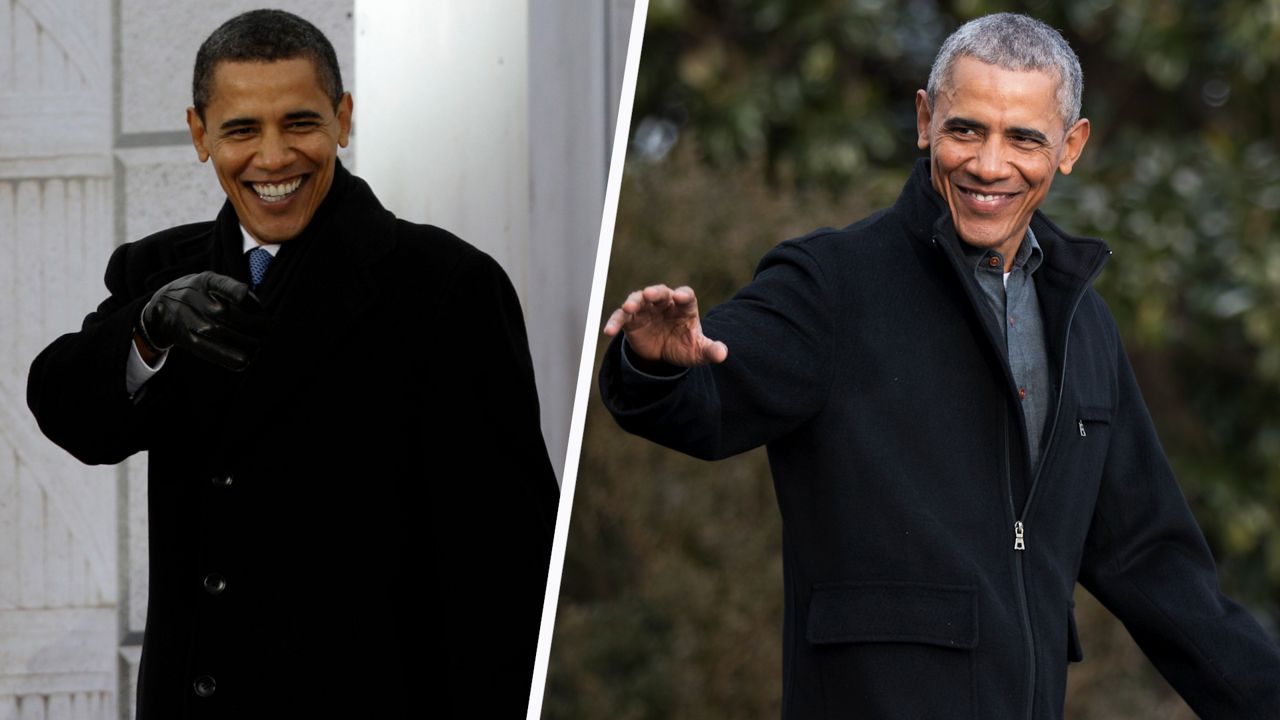In a surprising turnaround, West Virginia Sen. Joe Manchin announced that he has reached a sweeping agreement with Senate Majority Leader Chuck Schumer, D-N.Y., on a bill that includes lowering health care costs, addressing climate change and energy issues and levying taxes on higher earners and corporations after previously balking at including the latter provisions.
The moderate Democrat said that he and Schumer reached a deal on a reconciliation measure that will “address record inflation by paying down our national debt, lowering energy costs and lowering healthcare costs.”
The bill, known as the Inflation Reduction Act of 2022, “would dedicate hundreds of billions of dollars to deficit reduction by adopting a tax policy that protects small businesses and working-class Americans while ensuring that large corporations and the ultra-wealthy pay their fair share in taxes,” Manchin wrote in a press release.
Following the announcement from Manchin, Schumer’s office released a summary of the legislation, which includes:
- Lowering energy costs, increasing cleaner production and reduceing carbon emissions by roughly 40% by 2030
- Allowing Medicare to negotiate drug prices and caps out-of-pocket costs to $2,000
- Lowring Affordable Care Act health care premiums for millions of Americans
- Establishing a 15% corporate minimum tax
- Making the ultra-wealthy “pay their fair share,” but no new taxes on families making $400,000 or less and no new taxes on small businesses
- Closing tax loopholes and enforcing the tax code.
In terms of revenue, the lawmakers estimate that the measure will raise $739 billion, and invest $433 billion in energy security and climate change programs and roughly $300 billion in deficit reduction over the next decade. In terms of specifics, lawmakers esimated:
- 15% Corporate Minimum Tax: $313 billion
- Prescription Drug Pricing Reform: $288 billion
- IRS Tax Enforcement: $124 billion
- Carried Interest Loophole: $14 billion
“The revised legislative text will be submitted to the Parliamentarian for review this evening and the full Senate will consider it next week,” Manchin and Schumer said in a joint statement.
The lawmakers also said that they “reached agreement with President Biden and Speaker Pelosi to pass comprehensive permitting reform legislation before the end of this fiscal year.”
“Permitting reform is essential to unlocking domestic energy and transmission projects, which will lower costs for consumers and help us meet our long-term emissions goals,” the summary reads
Previously, Manchin appeared to only agree to a much smaller party-line measure that would lower prescription drug prices and extend Affordable Care Act subsidies. The conservative Democrat said he was open to considering a broader measure on environment and tax issues after Congress returns from recess in the fall, an offer that many Democrats thought dubious.
“I support a plan that will advance a realistic energy and climate policy that lowers prices today and strategically invests in the long game,” Manchin said in Wednesday’s announcement.
“Rather than risking more inflation with trillions in new spending, this bill will cut the inflation taxes Americans are paying, lower the cost of health insurance and prescription drugs, and ensure our country invests in the energy security and climate change solutions we need to remain a global superpower through innovation rather than elimination,” he added.
Notably, Manchin made the announcement shortly after the passage of a $280 billion bill aimed at bolstering domestic semiconductor production and funding science and technology research. Senate Minority Leader Mitch McConnell, R-Ky., had threatened to sink that bill if Democrats were to move ahead with a “partisan reconciliation bill.”
There was no immediate explanation why Manchin had suddenly agreed to the far broader package. In December, his resistance derailed a wide-ranging $3.5 trillion, 10-year social spending and climate change bill, known as the Build Back Better bill, that was President Joe Biden’s top domestic priority.
“For too long,the reconciliation debate in Washington has been defined by how it can help advance Democrats political agenda called Build Back Better,” the West Virginia Democrat wrote. “Build Back Better is dead, and instead we have the opportunity to make our country stronger by bringing Americans together.”
“I will do everything I can to usher in a new era of compromise and commonsense that will make America more energy secure, financially sound and a more united country for this generation and the next,” he added.
This is a developing story. Check back later for updates.
The Associated Press contributed to this report.




